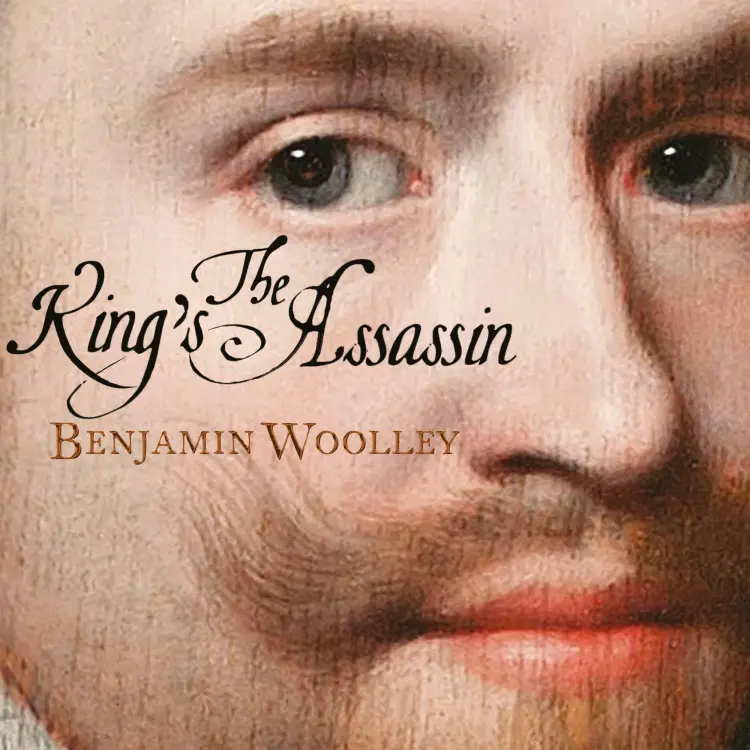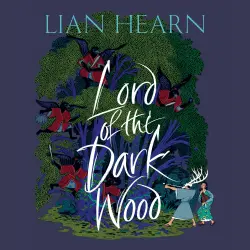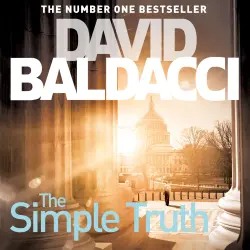
The King's Assassin - The Fatal Affair of George Villiers and James I
Benjamin Woolley
Unabridged
12 hours 16 minutes
Note: Costs may be incurred for playing the audio books or audio plays on the respective platforms, e.g. Spotify. Lismio has no influence on which audiobooks and audio plays are available on the service.
Some articles contain affiliate links (marked with an asterisk *). If you click on these links and purchase products, we will receive a small commission at no extra cost to you. Your support helps to keep this site running and to continue creating useful content. Thank you for your support!
Unabridged
12 hours 15 minutes
Note: Costs may be incurred for playing the audio books or audio plays on the respective platforms, e.g. Spotify. Lismio has no influence on which audiobooks and audio plays are available on the service.
Some articles contain affiliate links (marked with an asterisk *). If you click on these links and purchase products, we will receive a small commission at no extra cost to you. Your support helps to keep this site running and to continue creating useful content. Thank you for your support!
From the publisher
The rise of George Villiers from minor gentry to royal power seemed to defy gravity. Becoming gentleman of the royal bedchamber in 1615, the young gallant enraptured James, Britain's first Stuart king, royal adoration reaching such an intensity that the king declared he wanted the courtier to become his 'wife'. For a decade, Villiers was at the king's side - at court, on state occasions and in bed, right up to James's death in March 1625.
Almost immediately, Villiers' many enemies accused him of poisoning the king. A parliamentary investigation was launched, and scurrilous pamphlets and ballads circulated London's streets. But the charges came to nothing, and were relegated to a historical footnote.
Now, new historical scholarship suggests that a deadly combination of hubris and vulnerability did indeed drive Villiers to kill the man who made him. It may have been by accident - the application of a quack remedy while the king was weakened by a malarial attack. But there is compelling evidence that Villiers, overcome by ambition and frustrated by James's passive approach to government, poisoned him.
In The King's Assassin, acclaimed author Benjamin Woolley examines this remarkable, even tragic story. Combining vivid characterization and a strong narrative with historical scholarship and forensic investigation, Woolley tells the story of King James's death, and of the captivating figure at its centre. What emerges is a compelling portrait of a royal favourite whose charisma overwhelmed those around him and, ultimately, himself.
Almost immediately, Villiers' many enemies accused him of poisoning the king. A parliamentary investigation was launched, and scurrilous pamphlets and ballads circulated London's streets. But the charges came to nothing, and were relegated to a historical footnote.
Now, new historical scholarship suggests that a deadly combination of hubris and vulnerability did indeed drive Villiers to kill the man who made him. It may have been by accident - the application of a quack remedy while the king was weakened by a malarial attack. But there is compelling evidence that Villiers, overcome by ambition and frustrated by James's passive approach to government, poisoned him.
In The King's Assassin, acclaimed author Benjamin Woolley examines this remarkable, even tragic story. Combining vivid characterization and a strong narrative with historical scholarship and forensic investigation, Woolley tells the story of King James's death, and of the captivating figure at its centre. What emerges is a compelling portrait of a royal favourite whose charisma overwhelmed those around him and, ultimately, himself.








